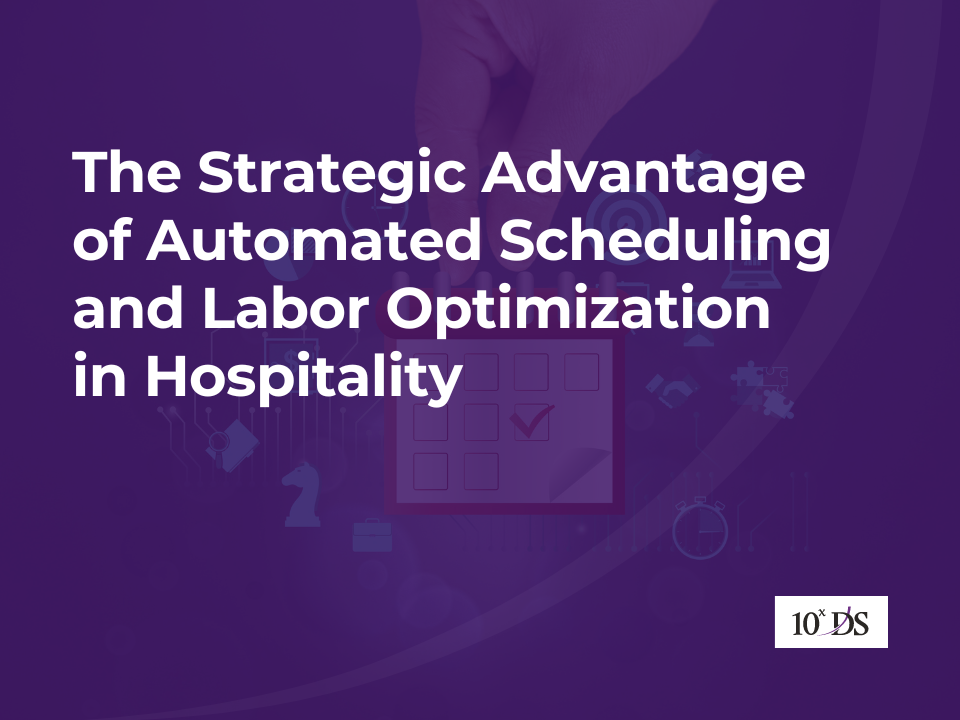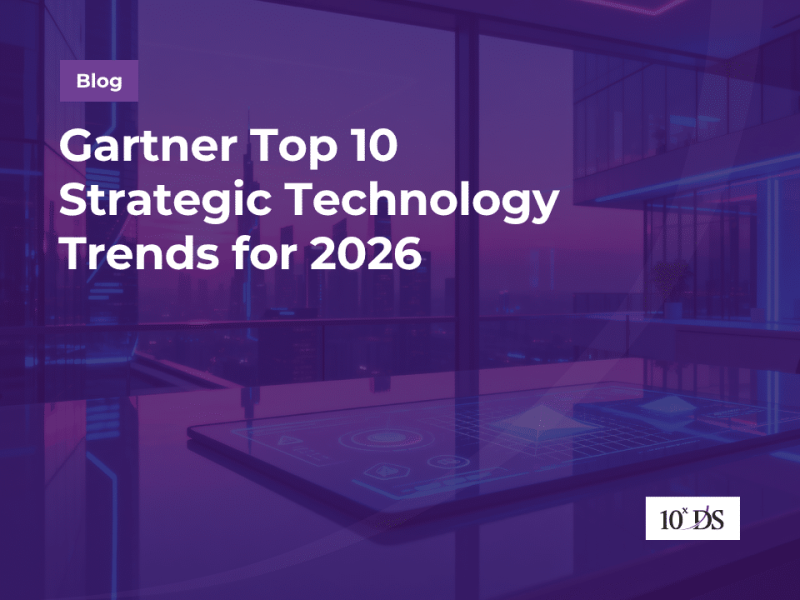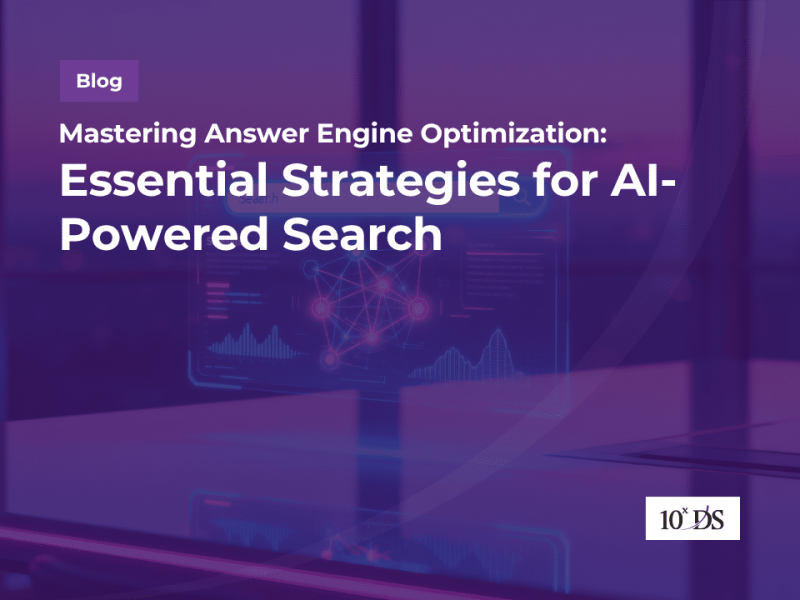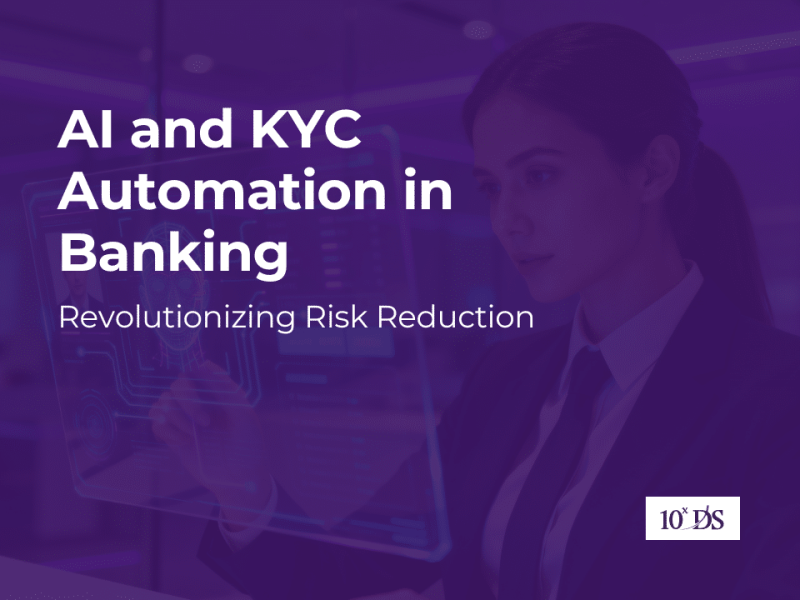
The Strategic Advantage of Automated Scheduling and Labor Optimization in Hospitality
Embracing innovative solutions is inevitable to stay ahead in the fast-paced hospitality industry. A prime example of this is the adoption of automated scheduling and labour optimization, which are revolutionizing hotels operations. These strategies streamline processes, cut costs, and enhance guest satisfaction, marking a significant shift in the future of hospitality. Let us try to understand their transformative impact on the industry.
Efficient labour scheduling is critical for hotels to meet customer demand while controlling expenses. Traditional scheduling methods are often time-consuming and prone to errors, leading to inefficiencies and increased costs. Automated scheduling software, on the other hand, enables hotels to create optimized schedules based on factors such as past performance, present demand, and employee availability. This not only ensures adequate staffing levels but also minimizes labour costs by avoiding overstaffing and reducing overtime expenses.
According to insights from the Hotel Management Magazine, automated scheduling goes beyond cost savings to enhance overall operational efficiency. By automating repetitive tasks such as shift assignment and time-off requests, hotel managers can focus more on strategic decision-making and guest satisfaction. Additionally, these systems provide real-time visibility into labour metrics, allowing managers to identify trends, address inefficiencies, and adjust staffing levels accordingly. The result is a more agile workforce that adapts easily to fluctuating demand. This agility allows organizations to respond swiftly to fluctuations in customer traffic, employee availability, and business priorities, ensuring optimal efficiency and effectiveness in resource allocation.
Deloitte’s research report underscores the significant impact of labour optimization on hotel revenue. The report highlights how labour costs represent a significant portion of a hotel’s operating expenses and suggests that even minor improvements in labour efficiency can have a substantial impact on the bottom line. By implementing advanced labour optimization strategies, such as predictive scheduling and performance-based incentives, hotels can achieve a higher level of productivity and service excellence while controlling costs.
Employee satisfaction is another key driver of success in the hospitality industry. By providing employees with greater control over their schedules and reducing instances of overwork or understaffing, hotels can improve morale and retention rates. Automated scheduling software enables employees to request time off, swap shifts, and view their schedules from anywhere, empowering them to achieve a better work-life balance.
The Role of Technology in Hotel Labor Management
As technology continues to advance, hotels are revolutionizing how they manage their workforce. Oracle Hospitality’s whitepaper sheds light on the significant impact of technology on labour management in the hotel industry. Modern workforce management solutions leverage artificial intelligence and machine learning algorithms to analyse available data, predict future demand, and optimize labour schedules in real-time. These systems empower hoteliers to create tailored schedules that align with their business objectives as well as the guest expectations. Moreover, integrated platforms facilitate seamless communication between departments, ensuring efficient coordination and collaboration across the organization.
Below table illustrates how technology enhances various aspects of hotel operations compared to traditional manual methods of strategic scheduling and Labour Optimization
|
Traditional Labor Management |
Automated Scheduling and Labor Optimization |
|
Manual creation of staff schedules based on estimates |
Automated scheduling software optimizes staff shifts based on real-time demand data and employee availability |
|
Time-consuming and error-prone scheduling processes |
Streamlines scheduling processes, reducing errors and improving efficiency |
|
Limited visibility into labor metrics and trends |
Provides real-time insights into labour metrics, allowing for better decision-making |
|
Reactive approach to staffing adjustments |
Proactively adjusts staffing levels based on demand fluctuations |
|
Difficulty in accommodating employee preferences and availability |
Easily accommodates employee preferences and availability, enhancing employee satisfaction |
For traditional hoteliers, an effective solution lies in embracing hybrid approaches that seamlessly integrate automation with personalized human interactions. This ensures that guests experience both efficiency and a warm, personal touch throughout their stay. Ensuring the reliability of technology is crucial to minimize the risk of technical glitches, achieved through regular maintenance and robust backup systems. Emphasizing data security measures is essential to safeguard guest information and cultivate trust among customers. Additionally, providing training and upskilling opportunities empowers employees to adapt to the evolving technological landscape, addressing concerns about job displacement. By adopting these strategies, hospitality businesses can leverage automation’s benefits while continuing to cater to the varied needs and preferences of guests and employees alike.
Automated scheduling and labour optimization emerge as indispensable components of a thriving hotel operation. By leveraging advanced technologies and strategic workforce management, hotels achieve greater ROI .As the hospitality industry continues to evolve, embracing innovation in workforce management will prove pivotal for staying ahead of the competition and delivering unparalleled guest experiences. Take this opportunity to join the league of industry trailblazers revolutionizing hospitality management and driving unparalleled success. Reach out to us at 10xDS for tailored solutions designed to meet your unique needs.


